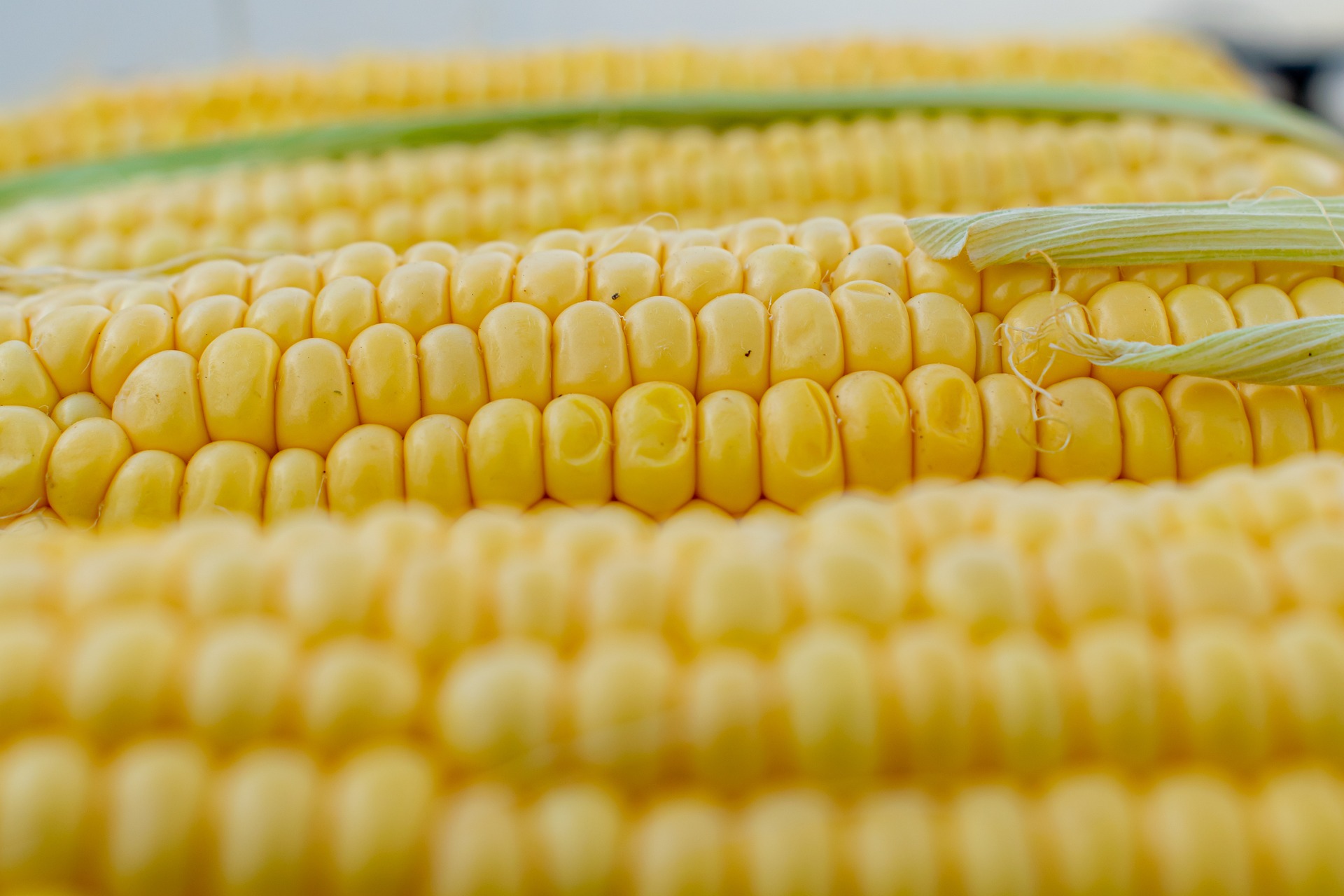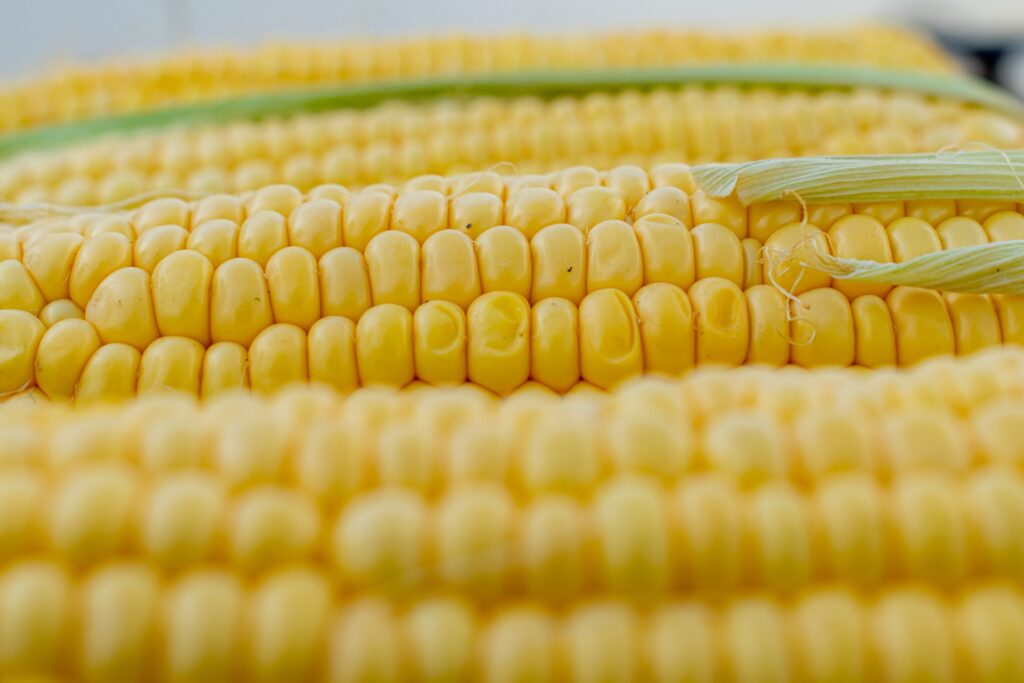
Image: Pixabay
The expectation is 4.5 billion liters across the country.
Ethanol production is one of the main sources of biofuels in Brazil and one of its most promising sources is corn. According to the National Supply Company (Conab), the state of Mato Grosso is responsible for 73.4% of national corn ethanol production and is expected to increase 11.9% in the 2022/23 harvest, reaching 3.335 billion liters. In addition, Conab also predicts an increase of 30.7% across the country, totaling 4.5 billion liters in the 2022/23 harvest.
{module Form RD}
The growth of ethanol production in the country is an important step towards the development of energy sources. In addition to being a cleaner and more renewable alternative to fossil fuels, it helps ensure the country's energy security and contributes to job creation and local economic development.
Other advantages of ethanol from corn are the ease involved in its manufacture, a result of the relatively simple process of fermenting the sucrose present in the plant. Corn is an easy-to-produce crop, which means it is an attractive choice for producers. Another important factor is that the cereal is adaptable and can be grown in different regions of Brazil, which increases its availability and, consequently, its use for biofuel.
Furthermore, the increase in grain production in recent years has allowed a surplus that can be used for purposes other than just animal feed and human consumption.
The expectation for 2030 is that production will reach 10 billion liters per year. The main impacts of this increase will be greater stability in the price of cereals; increased advance sales and, soon, the payment of bonuses for decarbonization credits – CBIOS for producers who trade with the plants.
The growth of this sector is an important step towards the development of clean and renewable energy sources, but despite all the benefits, it is necessary to pay attention to possible challenges, such as maintaining energy policy and the availability of biomass.
Given the promising current scenario, the producer should seek to sign advance sales contracts with ethanol plants and, after the approval of Bill 3149/20 – which will stipulate payment for decarbonization credits – seek a certification body to estimate the carbon footprint. carbon from its production. This information will be important to measure how much carbon the producer is sequestering and when their remuneration with CBIOS will be.
Source: Abramilho | Notícias Agrícolas













